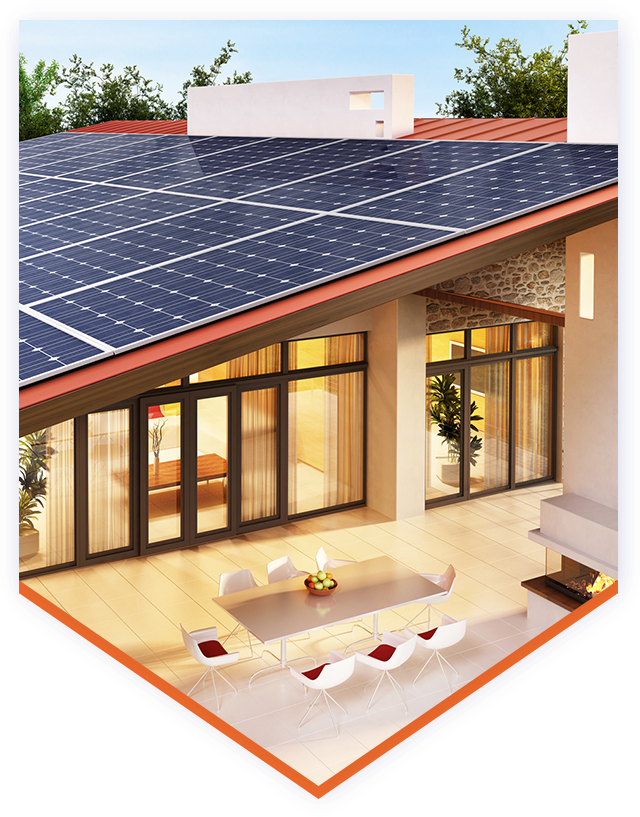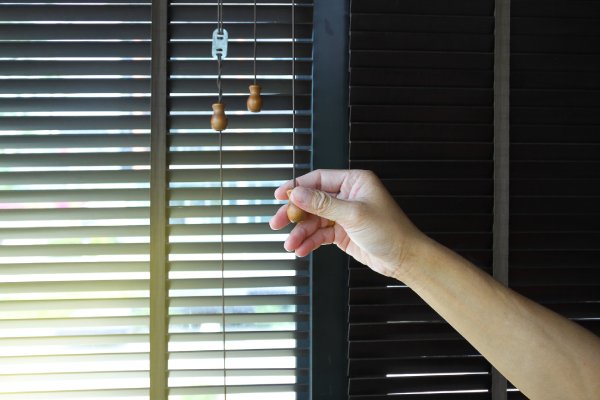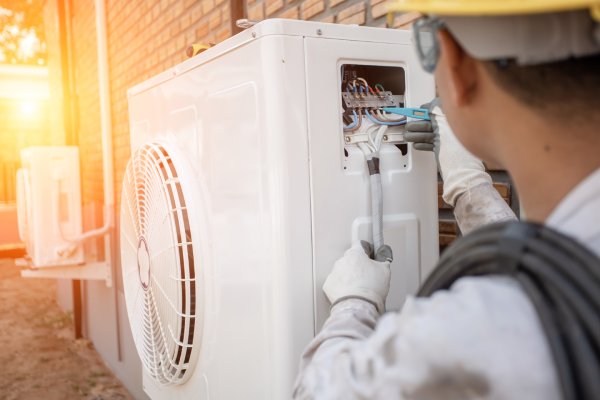Get ready to boost your budget! The U.S. Department of Energy states that by making smart energy changes, you could save a hefty 25% on your utility bills. Opt for energy-efficient appliances and that’s another $500 saved each year. Imagine the possibilities with an extra $2,000 to $3,000 in your pocket annually! The good news is that there are many simple ways to make your home more energy efficient and save money on your bills. In this post, we’ll reveal ten simple yet highly effective strategies for enhancing energy efficiency at home.

1. Install Solar Panels
Certainly, solar panels carry an upfront cost, but their ability to heat water and supply your household with power is an investment that pays off. With solar panels, you can cut down your electricity bill, reduce your carbon footprint, and even sell back excess power to energy companies. Don’t forget—federal incentives and tax rebates can make your solar investment even more affordable.
2. Insulate Your Home to Keep Heat in and Cold Out
Good insulation keeps heat inside in winter and outside in summer, minimizing the energy needed to adjust your home’s temperature. Adding effective insulation might save you up to 10% on heating and cooling costs. Remember—it’s not only about walls and attics—windows, doors, and water heaters also require proper insulation. A well-insulated home ensures consistent temperature and reduces energy wastage.
3. Switch to LED Lighting

Light-emitting diode bulbs (LED) use significantly less energy, last longer, and produce less heat.
On the other hand, Halogen bulbs waste a considerable amount of energy if used throughout the home. So, one of the simplest ways to save energy is to change to long-life bulbs and LED’s.
4. Unplug Rarely Used Devices
All electronic devices consume energy when plugged in – even when turned off. This phenomenon is known as “phantom power” or “vampire energy”. It uses less energy than when switched on, but with all the devices in your home and time being on, it can waste a lot of energy.
Unplug these devices, such as game consoles, TVs, mobile phones and chargers. Cell phones and battery chargers are called energy “vampires” when plugged in but not in use.
The average charger consumes 0.26 watts of energy when not connected to your phone. One charger will have little impact, but collectively, it can be responsible for 10% of your energy bill.
5. Wash with Cold Water

Avoid running the washer with hot water, and opt for cold water when doing laundry. 90% of the energy used by your washer is used to heat the water, and only 10 % is used to run the machine.
Cold water washes can reduce energy usage significantly, and default settings on most washers make the water warmer than necessary.
6. Choose Energy Efficient Appliances
Nowadays, there is more and more emphasis on energy saving. Appliances are developed to be more energy efficient and consume less energy while delivering the same level of performance.
Older machines are especially guilty of using more energy. So, when upgrading or fitting a new home, opt for the star label on energy-efficient appliances.
7. Clean Fans on Appliances
Dirty appliance fans get clogged up with dust, making the motor work much harder and using more energy. Cleaning the fans ever so often can reduce energy consumption over a while.
8. Maintain Your HVAC System
The heating, cooling, and ventilation systems need regular maintenance.
Filters must be replaced regularly, vents and ducts cleaned, and a professional inspection by a technician annually could all reduce the energy usage in your home.
A well-maintained HVAC system performs better and lasts longer.
9. Conserve Water
Water-saving, low-flow shower heads can conserve water and reduce your carbon footprint. A water-shaving shower head uses 50% less water than a regular free-flow shower head.
Be conscious of water usage. Don’t let the water run while brushing your teeth; consider a shower compared to a bath. Only run half-loads of laundry if you can change the setting.
10. Close Your Blinds and Windows

Use your drapes to prevent heat from escaping during colder months, and ensure that the shades are open to let the sun warm your home.
In hotter weather, closing the drapes can prevent the heat from warming your house, and the air conditioner has to work harder, consuming more energy.
Think and do
To save energy, a few apparent actions could included:
- Switch off lights when no one is in the room.
- Don’t use the oven too often. Instead, use another appliance like an air fryer.
- Turn off the oven on time.
- Keep the bathroom and kitchen ventilation fans from running longer than necessary.
- Use the sun for drying washing rather than a dryer.
- Install ceiling fans to distribute air more efficiently.
Making your home energy efficient does not have to be complex or cost much money. Small changes can create a more eco-friendly and cost-effective living space.
Start today! Make small changes to your home and lifestyle to save money on your energy bills and reduce your carbon footprint.




